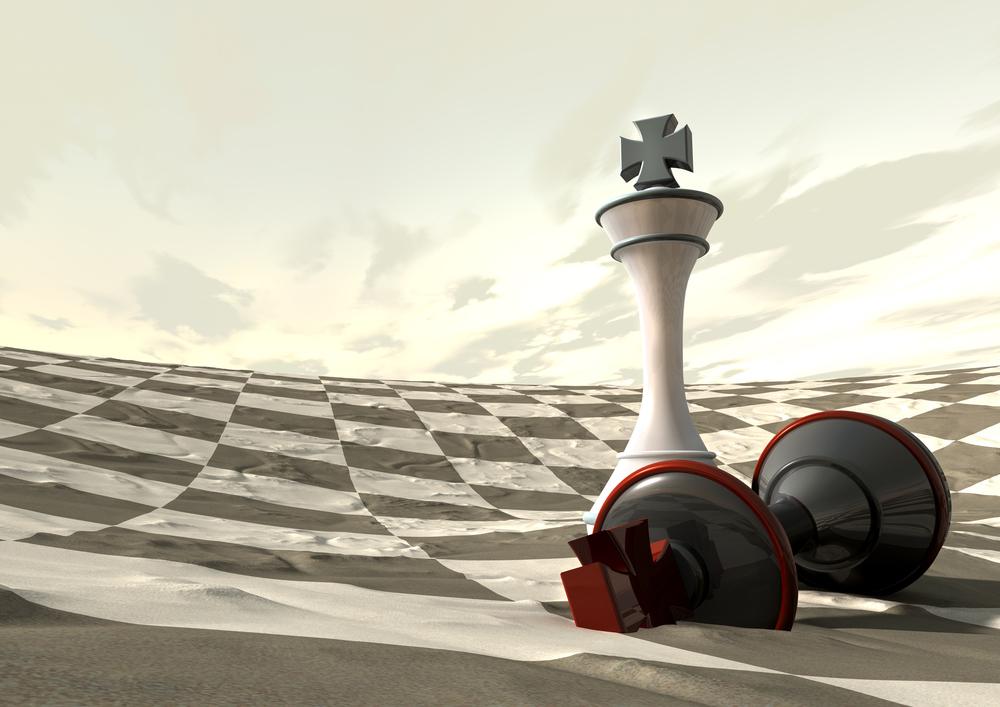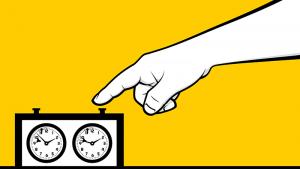
In Pursuit Of Zugzwang
Zugzwang in chess seems like a simple concept: being forced to move even when it's disadvantageous.
To me, zugzwang is the saudade of chess; a straightforward idea on the surface, but a profound and fascinating concept on the inside. In this article, we will examine several brilliant encounters in which the power of zugzwang was full display.
First, it is crucial to recognize that zugzwang is not necessarily a means to an end; its induction can be a goal itself.

Consider the following ultra-famous theoretical endgame:
As NM Dana Mackenzie observed, zugzwang is a way of "moving your opponent's pieces." Alapin could not make inroads by himself, but a simple triangulation maneuver enabled him to solicit his opponent's cooperation. And as we all know, many hands make light work!
Of course, zugzwang does not always bring immediate material gains. But when your opponent is hanging by a thread, even the slightest positional concession can send him over the edge.
An amazing sequence! By forcing White's rook away from c8 -- even for an instant -- Black maximized the potency of his own rook and set up a devastating mating net. Had White not moved at all, the game would have ended in a draw. This simple idea never ceases to amaze me.
As we have already discussed in a previous article, zugzwang is a fortress's worst nemesis. Even the most outwardly impregnable defensive bastion can be breached through a series of zugzwang-inducing maneuvers.
In the following tremendously instructive game, a young Peter Svidler does just that.

To destroy White's fortress, Black had to induce not one, not two, not three, not four, not five, but six zugzwangs. Looking at the position after White's 54th move (Bf7), it is rather difficult to imagine that Black can do anything but agree to a draw.
Now that you are sufficiently zugged up, the following exercise should not be too difficult.
The next time you find yourself unable to make progress, or at a loss for ideas, remember that your opponent might very well be on your side -- and zugzwang is the way to unlock his cooperation!
RELATED STUDY MATERIAL
- Read GM Naroditsky's last article: The Two Rook Endings You Must Know.
- Watch IM Keaton Kiewra's video: 3 Entertaining Zugzwang Endgames You Need to Know.
- Take a lesson on zugzwang in the Chess Mentor.
- Practice your tactics in the Tactics Trainer.
- Looking for articles with deeper analysis? Try our magazine: The Master's Bulletin.






